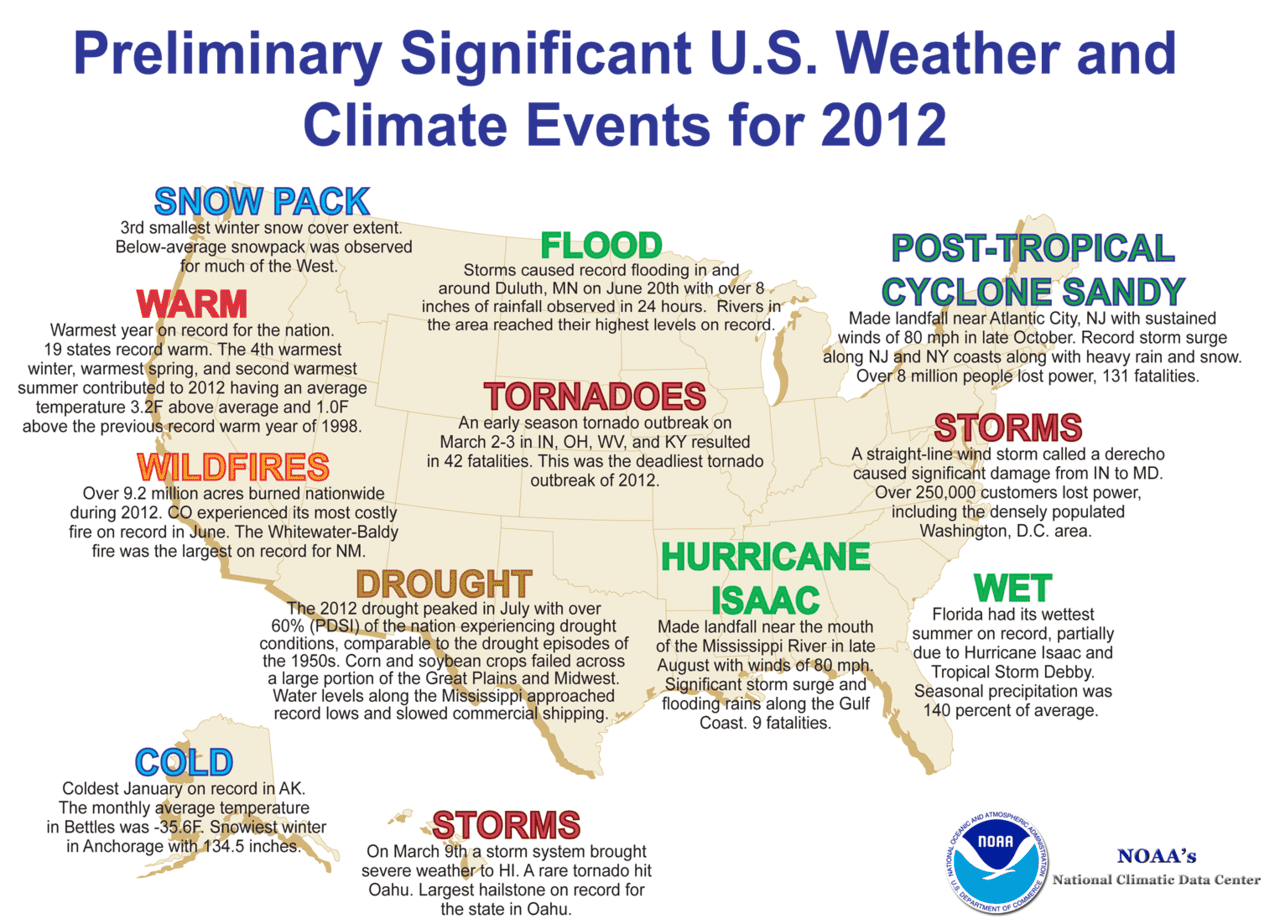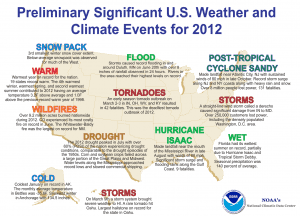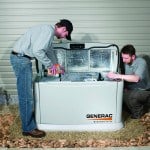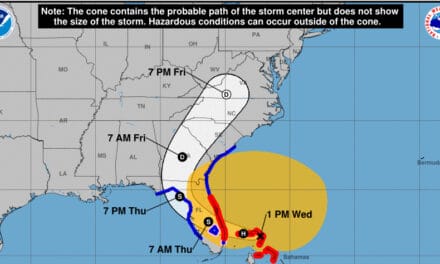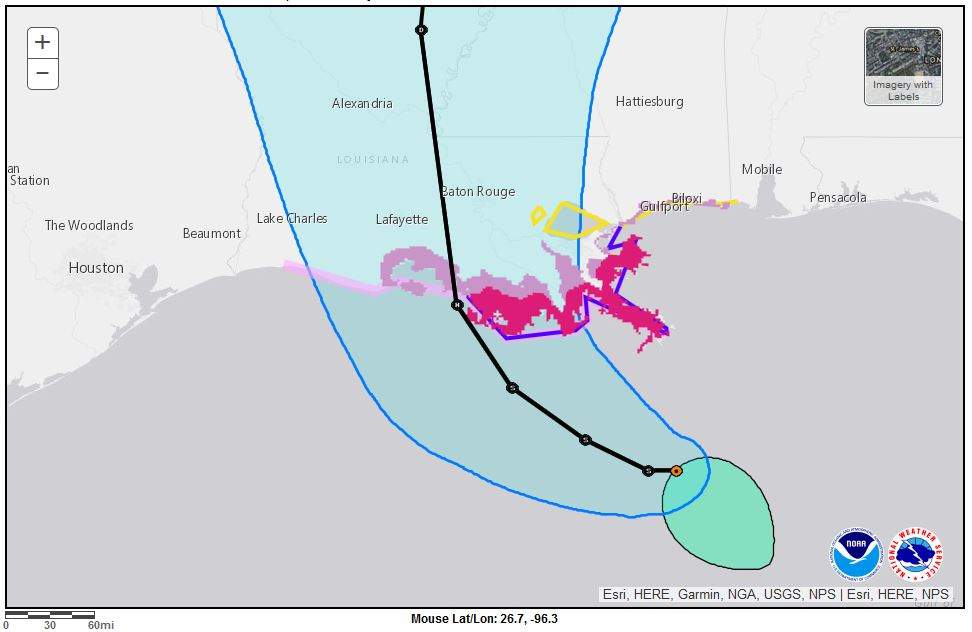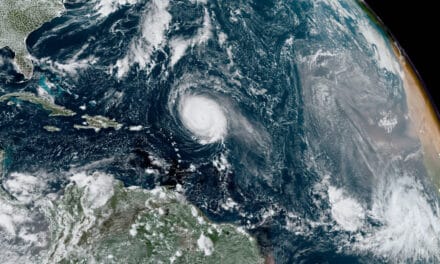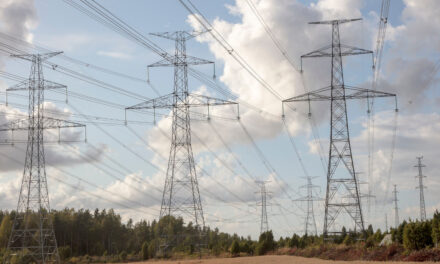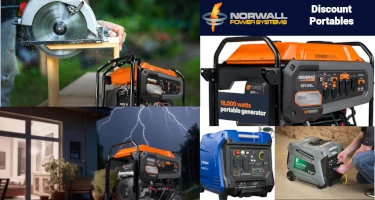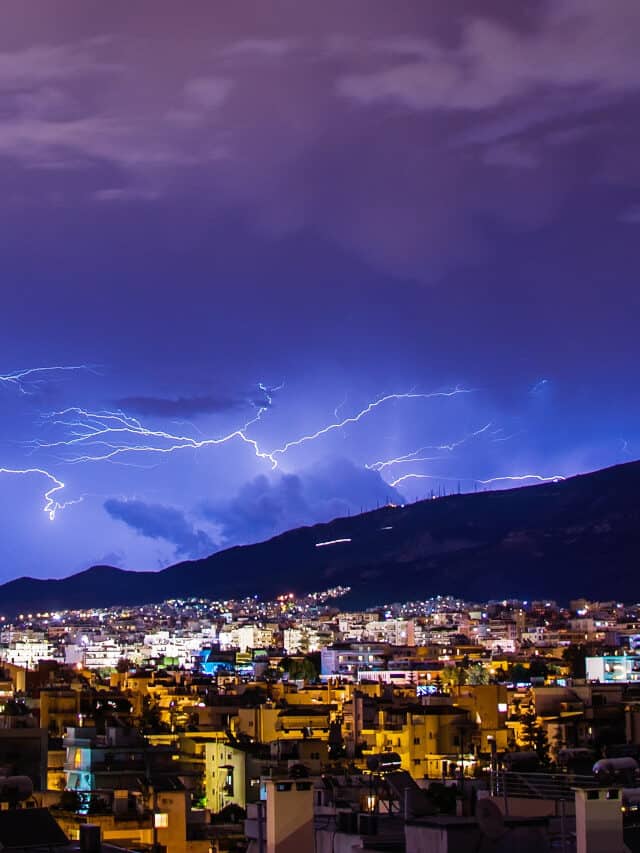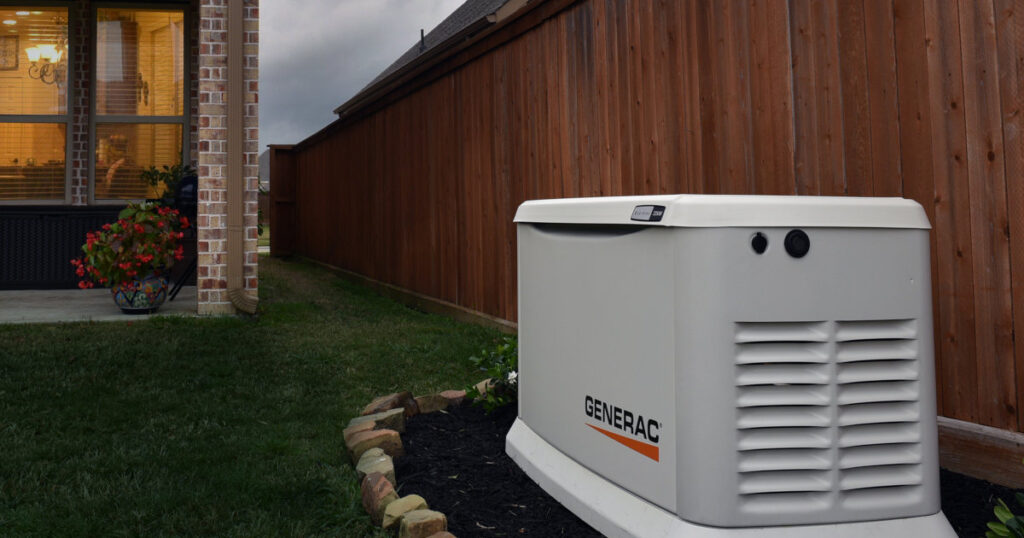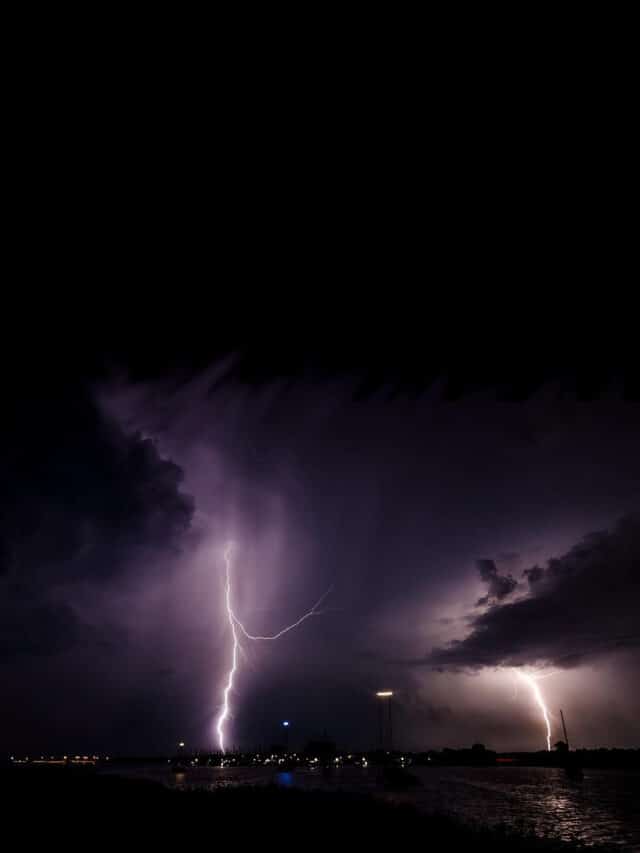March 2-8, 2014 is National Severe Weather Preparedness Week, an awareness campaign sponsored by the Federal Emergency Management Agency (FEMA) and the National Oceanic Atmospheric Administration (NOAA).
Preparing in advance for severe weather could save the lives of your family and even your neighbors. Last year alone, the United States experienced seven severe-weather events that took 120 lives. Each event was responsible for more that 1 billion dollars in damage. All too often, severe weather takes people by surprise even though they have advance warning—sometimes days or even a week ahead of the weather.
This year, NOAA and FEMA are encouraging everyone to “Become a Force of Nature” by being prepared, understanding the risks of severe weather, and by being an example to others. A letter from President Barack Obama states that “We all have a role in preparing ourselves and others for dangerous weather.” He also encouraged “all Americans to learn the type of hazardous weather that can affect your homes, schools, businesses, and places of worship.”
A key component of the message from the President, FEMA, and NOAA is that everyone should prepare an emergency kit that includes non-perishable food, water, a first aid kit, a flashlight with extra batteries, and other essential items.
Preparing Your Shelter
Shelter is of primary concern during any weather emergency. It can help you survive the storm, and provide a place to keep warm, prepare food, and stay safe after the storm.
Homes are the primary places of shelter during and after storms. Inside rooms without windows are best, preferably with four walls that support the overhead structure. Even better are rooms specifically reinforced to withstand severe weather. Commercially available storm shelters provide even more safety.
Keep your emergency kit in your shelter, and include a large, heavy-duty plastic sheet or tarp to provide emergency shelter in the event you have to leave your home or it is destroyed. Supply your home with emergency power from a standby generator. After a major weather event, it could be weeks before power is restored. An emergency generator can keep the lights on, the house warm or cool, and prevent stored food from spoiling. Generators also provide power for sump pumps to prevent flooding.
Know Your Risks
Severe weather can happen anywhere, at any time. We all know about hurricane season, tornado season, and storm season. New agencies often talk about them. As events in recent years have shown, severe weather doesn’t pay much attention to seasons or state boundaries.
A late fall outbreak of tornadoes in November of 2013 produced more than 70 storms in the Midwest and included two EF4 tornadoes that caused widespread damage and was the most active tornado day of the year.
Despite being warned days in advance of severe weather, many Moore, Oklahoma residents were caught by surprise when a devastating EF5 tornado with winds in excess of 200 MPH struck the town and mowed a 1.3-mile-wide path through 17 miles of the city’s landscape in May, 2013.
Super-Storm Sandy came ashore as a hurricane in New Jersey, flooded Manhattan and parts of Long Island, and blew across the Appalachian Mountains all the way to Wisconsin with gale force winds and 30 foot waves on Lake Michigan.
It’s not everyday that a hurricane affects the Midwest, but Sandy serves as a lesson that severe weather knows few boundaries.
Be Prepared with an NOAA Weather Radio
Throughout the country, NOAA provides weather alerts via more than 1000 transmitters. A weather radio with Public Alert capability is a good investment. Weather radios come with various features and choosing one with public alert capability provides around the clock protection. In the event of a weather emergency that could affect your location, the radio will sound a tone and then give emergency information.
Choose a model that operates on AC with a battery backup. In the event of a power failure, it will continue to operate off the battery or until you connect it to your portable generator or standby generator.
Unlike other services that provide alerts, the weather radio operates continuously to inform you of approaching severe weather.
Be a force of nature and prepare now for severe weather. You never know when it will strike.

